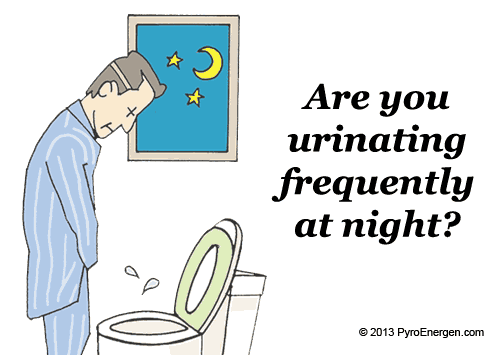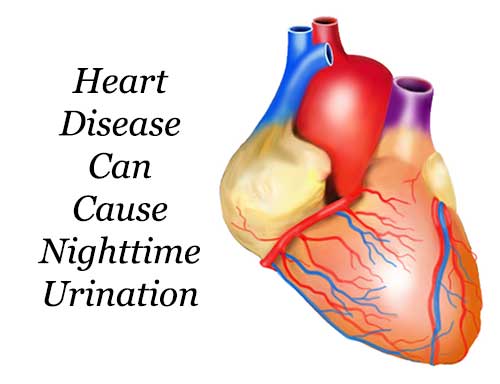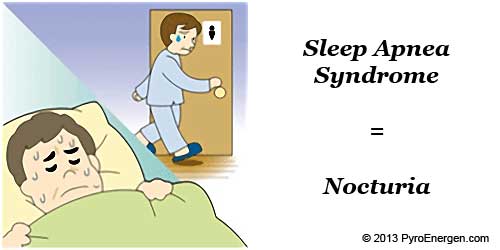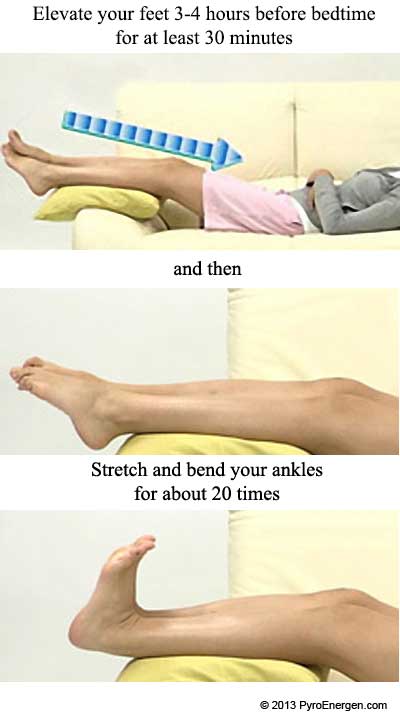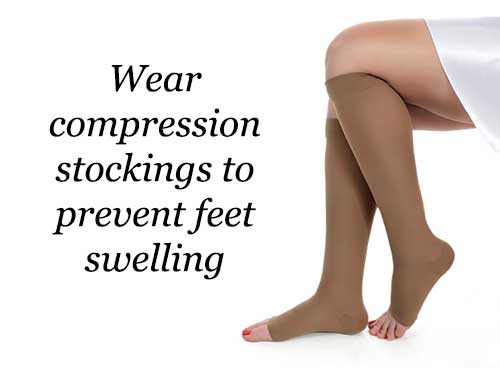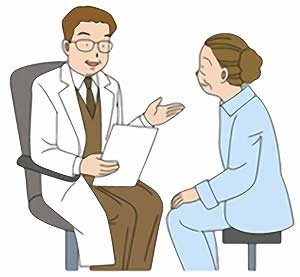Blood pressure refers to the force exerted by circulating blood on the walls of blood vessels, and constitutes one of the principal vital signs.
The pressure of the circulating blood decreases as blood moves through arteries, arterioles, capillaries, and veins; the term blood pressure generally refers to arterial pressure, i.e., the pressure in the larger arteries, arteries being the blood vessels which take blood away from the heart.
Blood pressure is always given as two numbers - systolic pressure (when the heart beats) and diastolic pressure (when the heart relaxes). When the measurements are written down, both are written one above or before the other with the systolic being the first number.
Normal Blood Pressure Range | Systolic pressure(mm Hg) | Diastolic pressure (mm Hg) | Pressure Range |
| 130 | 85 | High Normal Blood Pressure |
| 120 | 80 | Normal Blood Pressure |
| 110 | 75 | Low Normal Blood Pressure |
Low Blood Pressure Range | Systolic pressure (mm Hg) | Diastolic pressure (mm Hg) | Pressure Range |
| 90 | 60 | Borderline Low blood Pressure |
| 60 | 40 | Too Low Blood Pressure |
| 50 | 33 | Dangerously Low Blood Pressure |
What should my blood pressure be according to my age?
This chart shows the average blood pressure range by age.
| Age 15 to 19
Systolic Range
Diastolic Range
Age 20 to 24
Systolic Range
Diastolic Range
Age 25 to 29
Systolic Range
Diastolic Range
Age 30 to 34
Systolic Range
Diastolic Range
Age 35 to 39
Systolic Range
Diastolic Range | Min
105
73
Min
108
75
Min
109
76
Min
110
77
Min
111
78 | Average
117
77
Average
120
79
Average
121
80
Average
122
81
Average
123
82 | Max
120
81
Max
132
83
Max
133
84
Max
134
85
Max
135
86 | | | Age 40 to 44
Systolic Range
Diastolic Range
Age 45 to 49
Systolic Range
Diastolic Range
Age 50 to 54
Systolic Range
Diastolic Range
Age 55 to 59
Systolic Range
Diastolic Range
Age 60 to 64
Systolic Range
Diastolic Range | Min
112
79
Min
115
80
Min
116
81
Min
118
82
Min
121
83 | Average
125
83
Average
127
84
Average
129
85
Average
131
86
Average
134
87 | Max
137
87
Max
139
88
Max
142
89
Max
144
90
Max
147
91 | |
The Signs and Symptoms of High Blood Pressure
Signs of high blood pressure include, headache dizziness, pounding in ears, and a bloody nose. These symptoms typically don't occur until high blood pressure has reached an advanced and even a possibly life threatening stage. see other
Signs of High Blood Pressure What causes high blood pressure?
For most people who suffer with hypertension, there is no obvious cause why their blood pressure is high. This condition is called essential hypertension and it is especially important that it is kept under control. More information on
What causes High Blood Pressure?
Measuring your blood pressure.
Healthcare professionals use a stethoscope and a manual sphygmomanometer to measure your blood pressure. Typically they take the reading above your elbow. The sphygmomanometer has a bladder, cuff, bulb, and a gauge. When the bulb is pumped it inflates the bladder inside the cuff, which is wrapped around your arm. This inflation will stop the blood flow in your arteries. The stethoscope is used to listen for sound of the heartbeat, and no sound indicates that there is no flow. As the pressure is released from the bladder, you will hear the sound of the blood flowing again. That point becomes systolic reading. The diastolic reading is when you hear no sound again, which means that the blood flow is back to normal.
Blood pressure 100 plus your age
Medical research shows that as we age blood pressure rises slightly to accommodate an increased demand of oxygen and nutrients. It is completely natural for the first number
(systolic) to be 100 plus our age. A recent study by a group of UCLA researchers came very close to corroborating Dr. Piette's guide for blood pressure of 100 plus your age for men, subtracting 10 for women, and this is after this rule had been in use for five or more decades. Are we now being taught that Dr. Piette's guide for blood pressure is wrong merely for drug company profit?
Symptoms of heart attack
The heart requires blood to bring oxygen, and nutrients to its muscle tissue. The narrowing of the arteries due to blockage can cause high blood pressure. If this blockage occurs in the arteries of the heart, coronary arteries, heart muscle damage can occur, resulting in a
heart attack Some heart attacks are sudden and intense, however most heart attacks start slowly with mild pain and discomfort. Most heart attacks involve discomfort in the center of the chest that lasts more than a few minutes, or that goes away and comes back. It can feel like uncomfortable pressure, squeezing, fullness or pain. Shortness of breath may occur, as well as nausea, or lightheadedness. It is vital to get help immediately if any of these symptoms occur.
Symptoms of a stroke
The brain requires unobstructed blood flow to nourish its many functions. Very high, sustained blood pressure will eventually cause blood vessels to weaken. Over time these weaken vessels can break, and blood will leak into the brain. The area of the brain that is being fed by these broken vessels start to die, and this will cause a
stroke. Additionally, if a blot clot blocks a narrowed artery, blood ceases to flow and a stroke will occur.
Symptoms of a stroke include sudden numbness or weakness of the face, arm or leg, especially on one side of the body, confusion, trouble speaking, or seeing, sudden severe headache. If you or someone with you has one or more of these signs, don't delay, call 911.
You are at risk for cardiovascular disease if:
a) You smoke - Cigarette smokers are at greater risk than pipe and cigar smokers, but all forms of tobacco are proven to be detrimental to the hearts health.
c) You are overweight - Persons that have an excess of body fat are at a higher risk than persons of normal weight.
d) Your diet is high in saturated fats.
e) Family History - Children of parents that developed heart disease before the age of 55 have a higher risk of developing heart disease.
f) You exercise less than 30 minutes per day - Inactivity puts a person at higher risk of developing heart disease.
g) You are over 40 or a post-menopausal woman - Risk of heart disease increases over the age of 45 in males, over 55 in females.
h) You consume more than two alcoholic drinks per day.
i) You have high blood pressure or need medication to control your blood pressure.
If you answered yes to one or more of the above, you should talk to your doctor about how you can reduce your risk through lifestyle modifications. Your doctor will determine if preventative therapies such as
ASPIRIN 81mg are right for you.
There are several types of blood pressure medications and if one doesn't work, then ask your doctor to switch to another until your blood pressure becomes stable.








